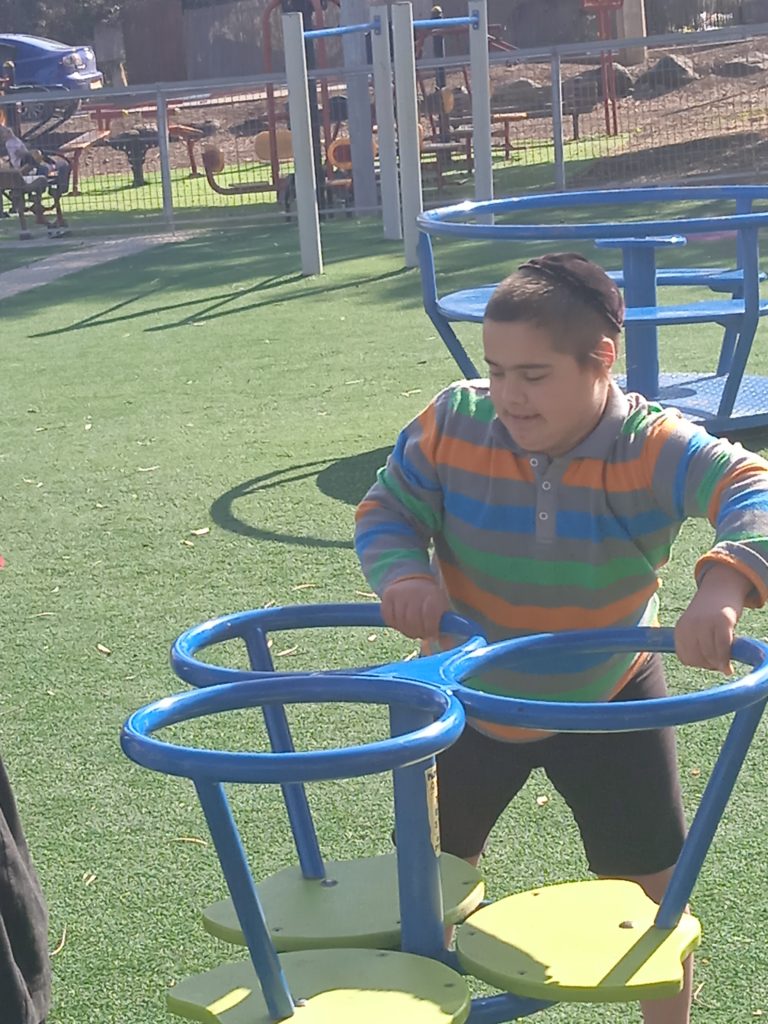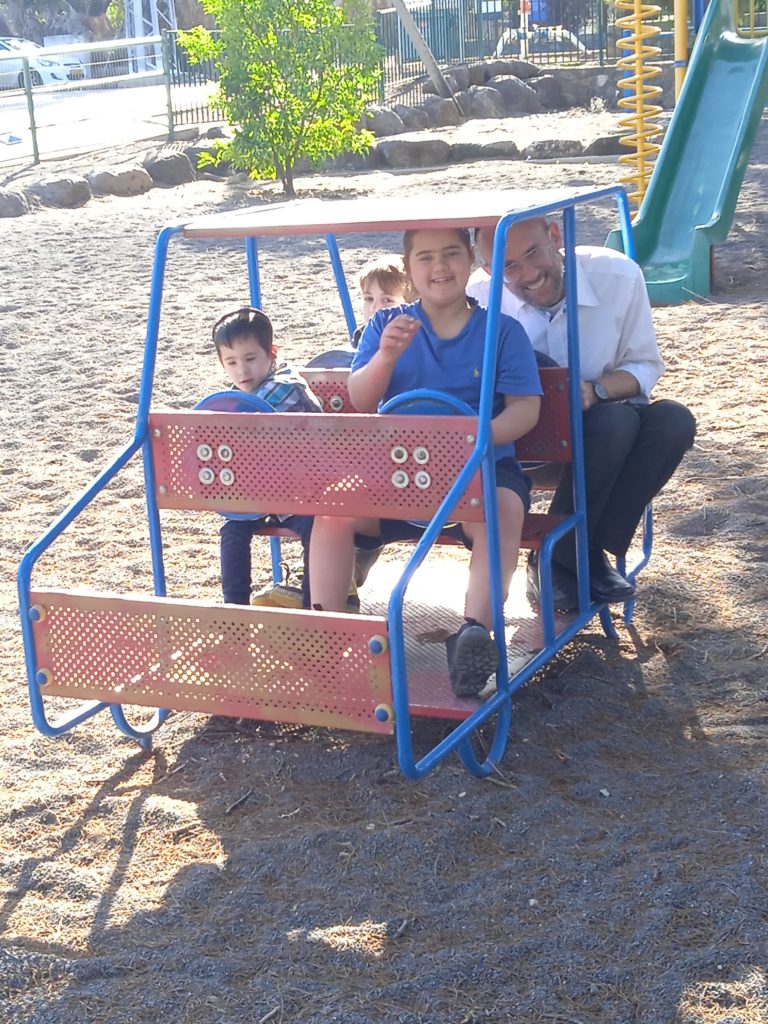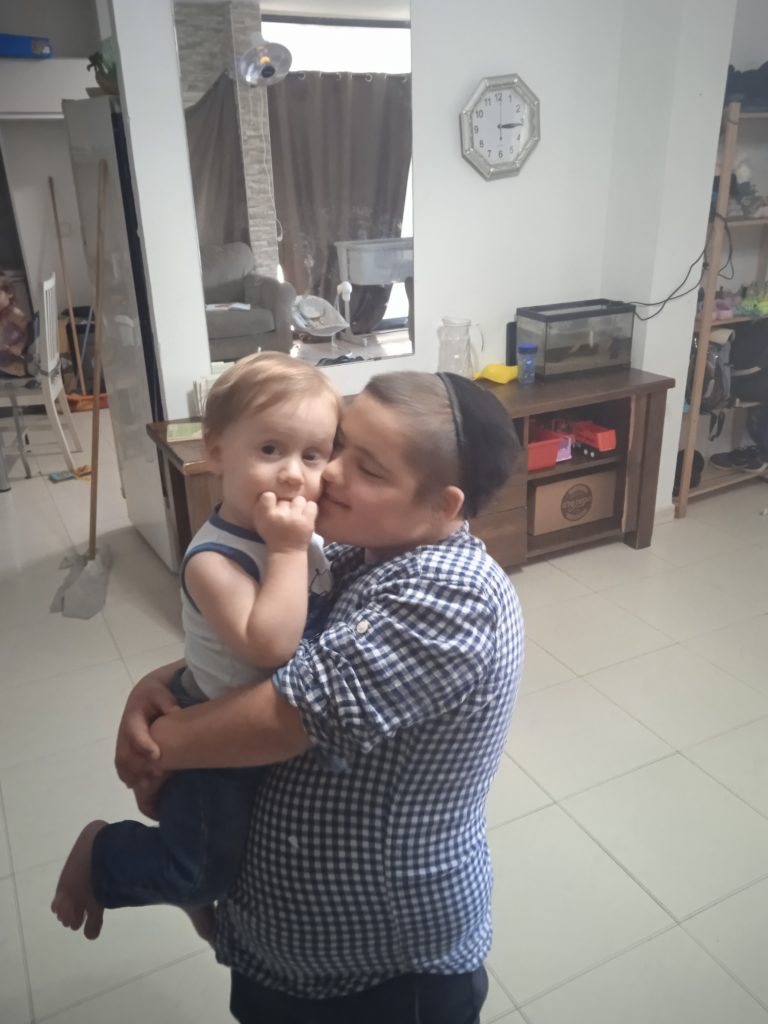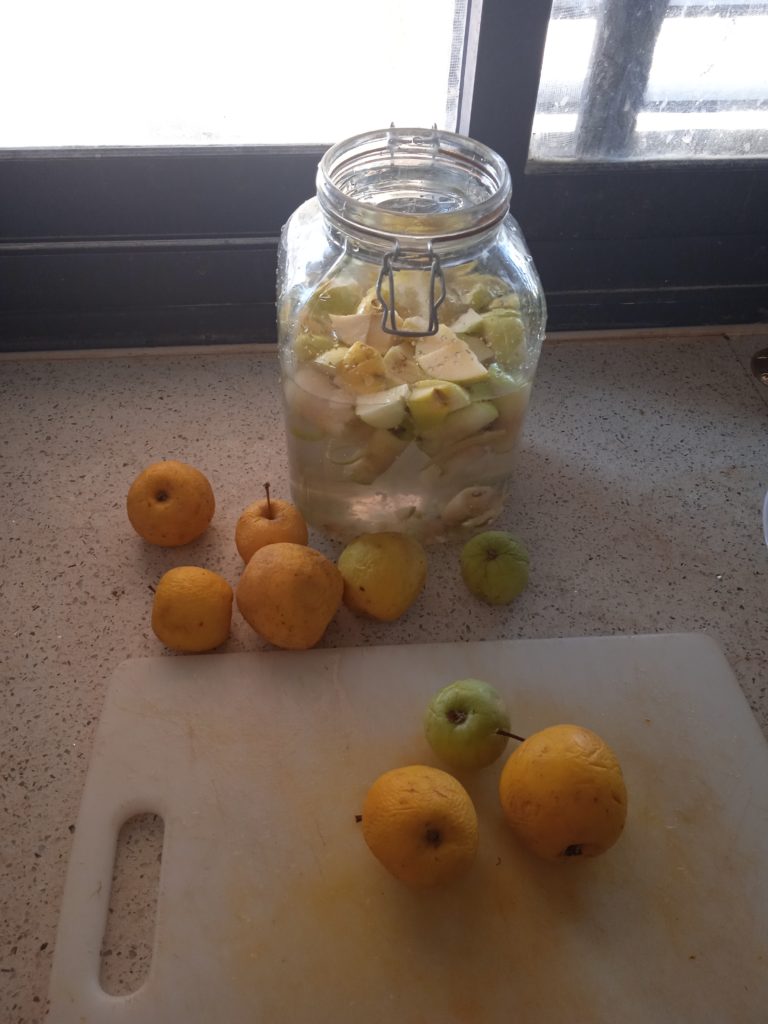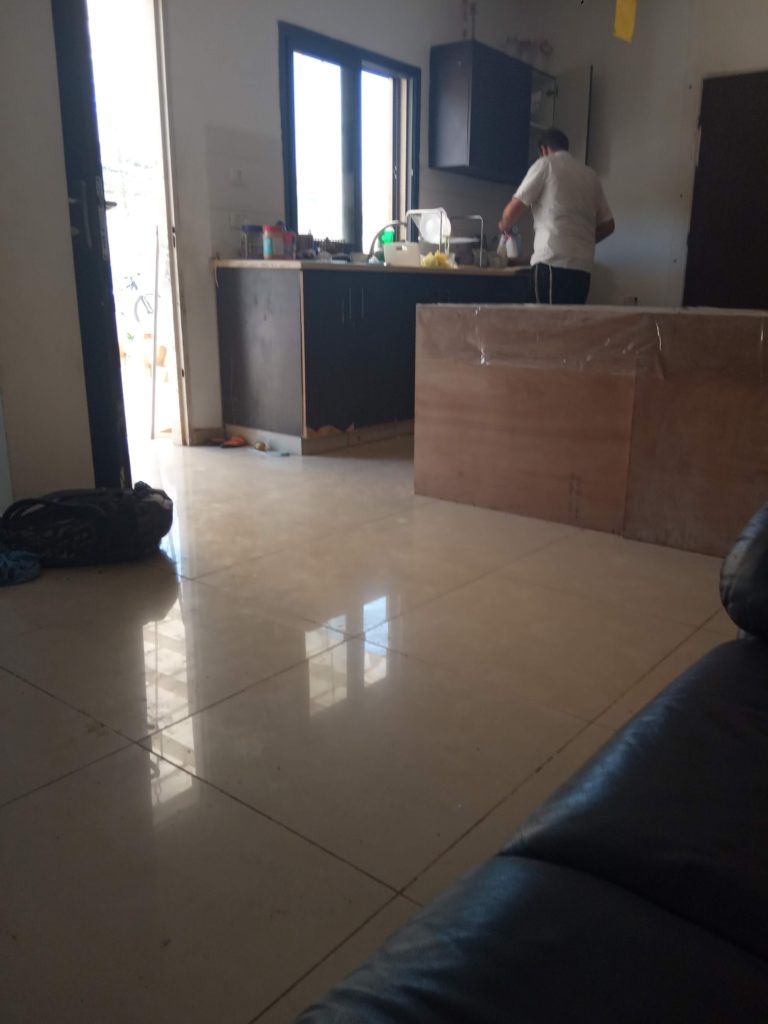I recently had the pleasure of hosting a long-time blog reader in our vacation apartment here in Yavneel, and enjoyed the opportunity to get to know her. She shared that she had resentment towards the parenting approach promoted in a particular forum, since it seemed to offer a tantalizing promise of results that didn’t actualize in her life, despite doing all the right things.
Years ago, someone asked me why anyone should listen to anything I had to say about parenting, since at that time I had written about a child who was going through a rough period.
And one more encounter. Last week I was interviewed by an Israeli charedi writer about homeschooling. One thing she expressed surprise about was that a parent who is homeschooling would still feel frustration, impatience or a need to have personal space.
All of these reflect the simplistic (and false and dangerous!) belief that there is some kind of perfectionism possible in the world of parenting. If you do everything right, the thinking goes, your children will be poster children. (Or if you have poster children, it’s because you’re the perfect parent.) The flip side of that assumption is, if your children are challenging or challenged in some visible way, you did something wrong.
Sorry. Parenting isn’t a perfect equation like that.
I deeply appreciate something I heard Dr. Gordon Neufeld say on one of his video trainings. He said, sometimes people think if you are parenting from a place of understanding and using the principles of healthy attachment, that you’re never going to have any issues. Not so.
What understanding and using these principles does do, he continued, is give you a way to ride out the storm, to not make a bad situation worse, to get to safe harbor.
This is so important to understand and internalize. Your child is going to have his own journey through life, and all of the factors in his life can’t be controlled by you, nor can they be blamed on you.
While there are families that have less than ideal parenting practices who would greatly benefit from being more accepting and compassionate of their children, many, many solid families have faced significant challenges with their children. If you’ve had a smooth and unchallenged parenting path, chances are very high that your children are still relatively young – or that G-d chose to challenge you in a different area of your life.
I’ve been blessed with wonderful children, and people look at our family from the outside and make comments that presume it was easy, that we’ve never faced challenges, that our children always like us and want to be around us. Let me pause while I hold back a strangled snort.
I didn’t write about parenting or do parenting consultations for a year and a half while two teenagers were simultaneously going through a period in which they were convinced I was the worst parent in the world. I won’t describe that period, other than to say it took all my emotional energy to keep thinking good thoughts about them, not to descend into hostility, and not to feel discouraged. I kept holding on to the principles that I write about, trusting that we would get through the storm. And we did.
I don’t believe in simplistic answers, I don’t believe in making false promises, and I certainly don’t believe in advocating perfectionism. While it sounds nice and neat to package parenting into a set of practices and then guarantee results, who can do that in a process as complex as parenting? There are so, so many factors, personalities and abilities, traumas that some children experience, and all of these factors will affect their development.
However, I do deeply believe in the power of love and acceptance of our children, especially at times when that feels hard. I was asked if someone who has children who didn’t stay religious should be teaching about parenting. (Black and white thinking – your kids turned out perfectly, you have the right to teach. They don’t, you don’t.) I told her if the person has a good relationship with her children despite the religious differences, there’s a lot to learn from her.
It’s the people who have had to work for what they have that you can learn the most from, not those for whom it fell into their laps.
My interviewer fell into the trap of making black and white equations – ‘if you do this, then you won’t feel that’ – idealizing and putting a homeschooling parent so far up on a pedestal that she was closer to an angel than a human being. I had to strongly stress repeatedly that a parent is going to sometimes have negative emotions regardless of how and where his child is educated, and we all have to work on that.
We parents put so much pressure on ourselves. Take a step back from the harsh judgments of yourself and other parents. We’re all doing the best we can. It’s okay to make mistakes. It’s hard to see your child struggle and I don’t want to minimize how hard that can feel. But what I’m saying is to drop that black and white programming that is still running on your mental computer, thinking that you were the defect in the system, that it happened because you were inadequate and failed. There is no guarantee of results because it’s not possible. We all do the best we can and the results are up to G-d.
Avivah
